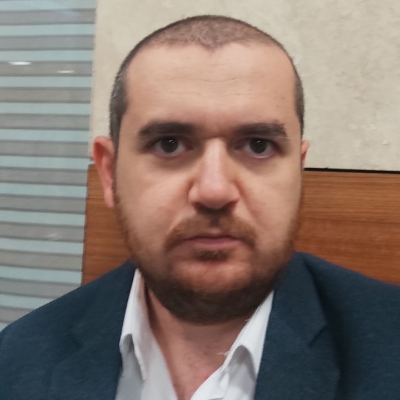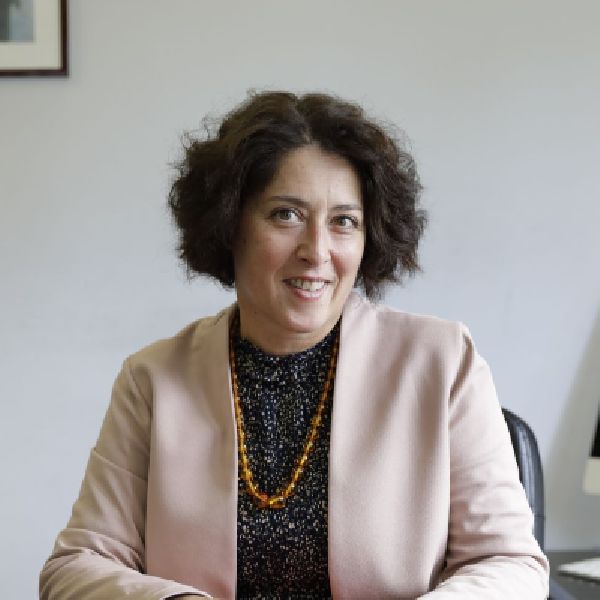
|
31.03.2023 | Teodor Burnar
|




|
Why Mr. Celal Kazova, Turkish lawyer and mediator, recommends mediation: „Making a little bit of compromise is so much more profitable than winning the case, due to high inflation and elevated interest rates”
Read here part one of our WOLEP Talk with Mr. Celal Kazova (Türkiye)
WOLEP: We mentioned in the first part of our discussion the training courses that the Turkish Ministry of Justice organizes for legal practitioners. Is being a mediator a separate profession, or can other legal practitioners, as yourself, a lawyer, can do it?
Celal Kazova: In Türkiye, you can do both. However, there is a requirement that prior to being a mediator, you have to work at least five years in the area of law, not necessarily as a lawyer. So you have to get education conducted by the Ministry of Justice. After this education, you have to pass the written exam, and then you apply to the Ministry of Justice to register on the mediators’ list.
Unfortunately, in Türkiye, there is a misconception about legal disputes. And I should point out that it is a systemic problem. For example, in Türkiye, to be a conciliator you don't have to graduate from law school. You don't have to be a lawyer. Public officers and police clerks can also be conciliators. The same approach is valid for mediation. And there is speculation in Türkiye that financial consultants would be working for at least five years and would become mediators. For now, though, you have to graduate from law school. But that can change in the future.
What I can say is that in Türkiye, ADR methods are viewed by population as an economical model. A revenue channel. There is a tendency on the public’s part to focus on earnings from this method rather than on expertise and qualifications, unfortunately.
In Türkiye, ADR methods are viewed by population as an economical model. A revenue channel. There is a tendency on the public’s part to focus on earnings from this method rather than on expertise and qualifications, unfortunately
WOLEP: I'm sure the mentality will gradually change. Still, are people, individuals, businessmen more aware about these methods that can help them during litigation? I'm referring especially to mediation.
Celal Kazova: Before answering this question, I would like to talk a bit about the mediators, because I think it's an important topic and it's crucial to consider the mediators’ background and expertise level. The organizational structure of mediation in Türkiye develops day by day, while the number and the quality of mediation centers are increasing. In my opinion, it would be better to focus on mediator centers rather than mediators individually.
On the one hand, if we are talking about Türkiye, one should consider the mediation process not only related to the law, because Türkiye has a high inflation problem for decades. As the idiom says, a bird in the hand is worth two in the bush. That means that in this high inflation situation, it's very important to collect your debts and manage the cash flow. And most of the time, making a little bit of compromise is so much more profitable than winning the case due to the high inflation and elevated interest rates.
Coming to your next question, as I mentioned before, the Turkish government’s policy is to promote ADR methods. Nevertheless, this promotion cannot continue forever. It's designed to be to perceived positively by the society, as an alternative to the classical way of resolving disputes. The current state of awareness among businesses and individuals regarding the benefits of using methods such as mediation in Türkiye is a little bit mixed. On the one hand there is a growing awareness of the benefits of using mediation as a cost effective and efficient method of resolving disputes. And many businesses and individuals have come to recognize that mediation can be a faster and less expensive alternative to traditional litigation, which can be lengthy and costly, as we discussed. On the other hand, there is still a significant portion of the population in Türkiye that is not aware of the benefits of ADR methods such as mediation, or has misconceptions about them. Some may believe that traditional methods such as litigation are more effective, or that ADR methods lack enforceability. And so, there has to be a little bit more informing the public.
Many businesses and individuals in Türkiye have come to recognize that mediation can be a faster and less expensive alternative to traditional litigation, which can be lengthy and costly
WOLEP: Can you pinpoint some unique aspects of mediation in Türkiye?
Celal Kazova: The mediator fee I think is a unique aspect because in the mandatory mediation, as we previously discussed, if the parties cannot reach an agreement, the Ministry of Justice pays mediators’ fee for two hours. The scope of mediation is about civil disputes, and public resources are consumed to promote the resolution. In some part of Türkiye, it's hard to find an experienced mediator because Türkiye does not have a homogenous structure. Some parts of the country, especially the west of Türkiye, are more developed. But in other parts, like those neighboring Iraq, Iran, Armenia, there are more rural areas. We also have some ambiguous and controversial fields, due to law articles and court judgments. Some kinds of disputes are still controversial - are they within the scope of mediation or not? Do you have to apply to mediation before filing a lawsuit or not? Etc.
WOLEP: How does mediation help lawyers to better serve their clients? Also, does mediation help them as well to optimize their workload?
Celal Kazova: In my opinion, first of all, Turkish lawyers should stop struggling with ADR methods and stop arguing that ADRs are causing revenue loss due to the lack of counsel fee at the end of the trial. In the short term, ignoring ADR methods may seem more profitable, but in the long term it's detrimental due to declining clients’ satisfaction and benefits. I think it's important to know the Bayes’ theorem, prior and posterior probability concepts, and examine ideas with this approach. Generally insisting on the first decision is perceived as a better option, but in fact the exact opposite applies.
I think it's important to know the Bayes’ theorem, prior and posterior probability concepts, and examine the ideas with this approach
Maybe we can talk in another meeting how the Monty Hall problem reveals the importance of adapting to new and changing situations. I think we should consider the ADR methods with this perception.
As we all know, traditional dispute resolution methods cause a heavy workload due to the dealing with the litigation procedure, attending the hearings, objections against expert reports, appellate procedure, etc. On the other hand, ADR methods are really helpful to save time and reduce the direct and indirect costs. I rest my case.
Are you a legal eagle with a passion for collaboration? Join forces with other legal professionals and elevate your practice to the next level. Don't wait, sign up now to WOLEP and connect with like-minded lawyers today. Register your account here.
#Interviews #WOLEP Talk #Celal Kazova #Türkiye #law in the Balkans #mediation



